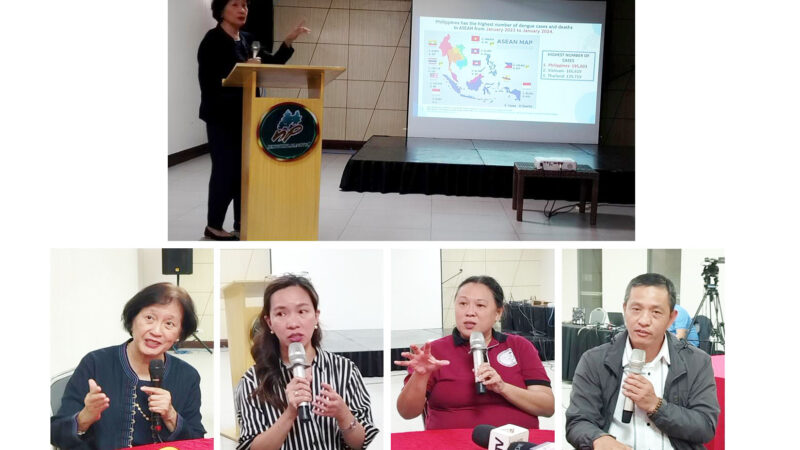Olowan pushes to increase College Education Financial Aid

Vice Mayor Faustino Olowan has proposed the increase in the financial assistance granted to qualified college students as provided for in Ordinance 116-2019.
In his proposed amendatory ordinance, the college education financial grant provided by the city government shall be raised from P6,000.00 every semester per school year to P10,000.00.
The said increase, according to Olowan, is necessary to help students and their families cope with the increasing cost of living and education expenses.
With the proposed raise of the said financial grant, the amount of 20 million shall be earmarked in the city’s annual budget to adequately fund the existing College Education Financial Assistance Grant Program.
Moreover, under the proposed amendatory ordinance, the Sanggunian’s Committee on Education, Culture, and Historical Research is tasked to refine the existing implementing guidelines to make the program more accessible and inclusive, subject to the approval of the members of the Baguio City Council and the city mayor.
Ordinance 116-2019 or the ordinance creating the city government’s College Education Financial Assistance Grant Program was authored by Olowan himself.
The financial assistance is granted to “poor and underprivileged but deserving college students” who are enrolled and excel academically in universities or colleges in the city.
Applications for the said grant are submitted to and screened by the Baguio City Scholarship Council composed of the city mayor as the chairperson, the vice mayor as the vice-chairperson, and all council members, the city budget officer, and the city social welfare and development officer as members.
The proposed amendatory ordinance has been referred to the Sanggunian’s Committee on Appropriations and Finance Cluster A (Budget, Appropriations, and Expenditures) for review.
Based on the record of the City Social Welfare and Development Office (CSWDO), as of this writing, 1,234 students in the city are registered with the program. Of the number, 870 are active beneficiaries and are regularly receiving their grants. Among the 364 inactive beneficiaries, some of them have dropped out or have had failing grades, and the rest have yet to receive their grants after complying with all the requirements. -Jordan G. Habbiling







